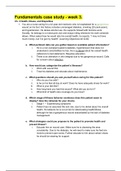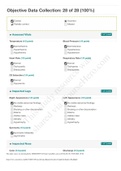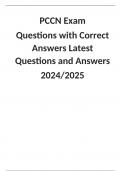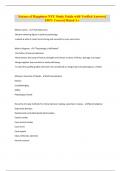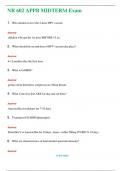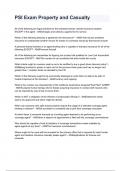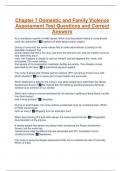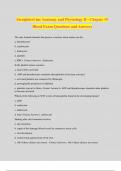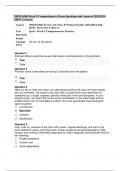Summary
Summary NURS 3234 Fundamentals case study - week 3.|Fundamentals The Health Care Delivery System
- Module
- NURS 3234 (NURS3234)
- Institution
- University Of Connecticut
Fundamentals case study - week 3. Ch. 3 Health, Illness, and Disparities 1. You are a nurse caring for a 42-year-old mechanic who is hospitalized for a gangrenous wound on his foot. His history includes unmanaged diabetes, smoking (20 pack-years), and hypertension. He denies alcohol use. He suppo...
[Show more]
